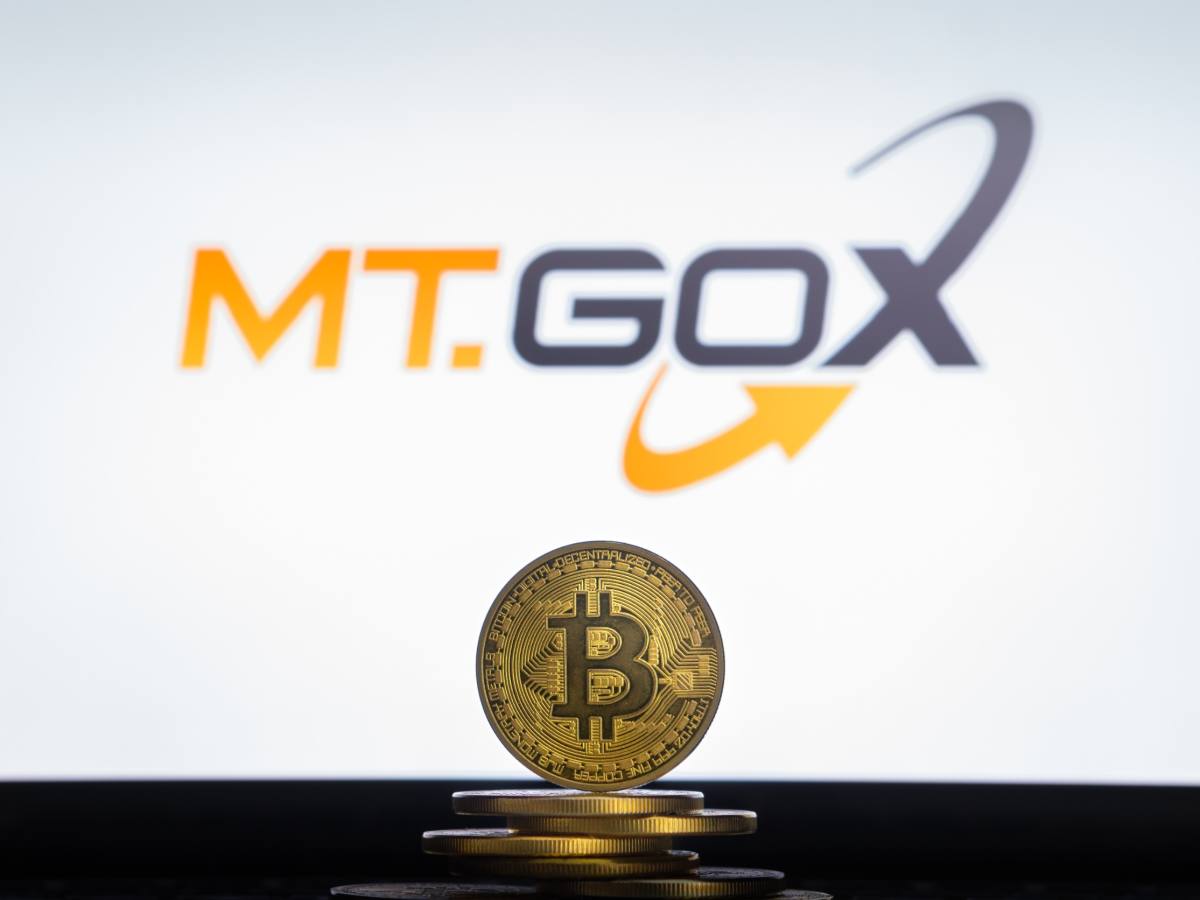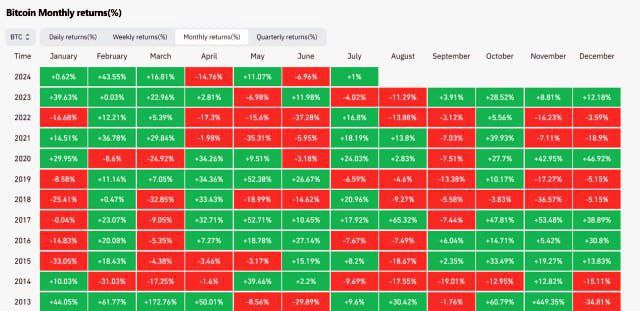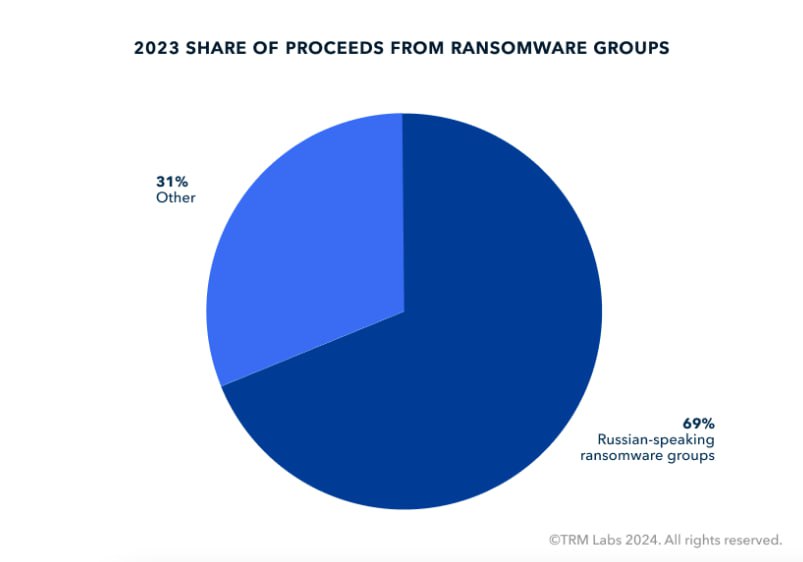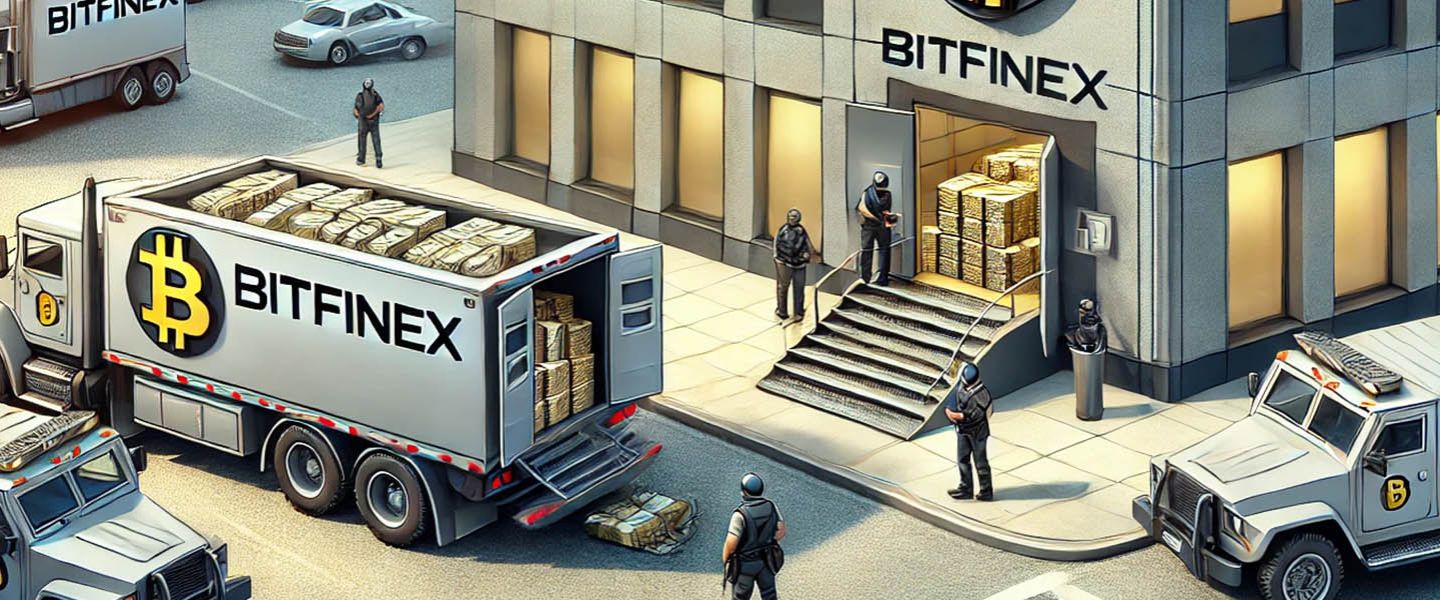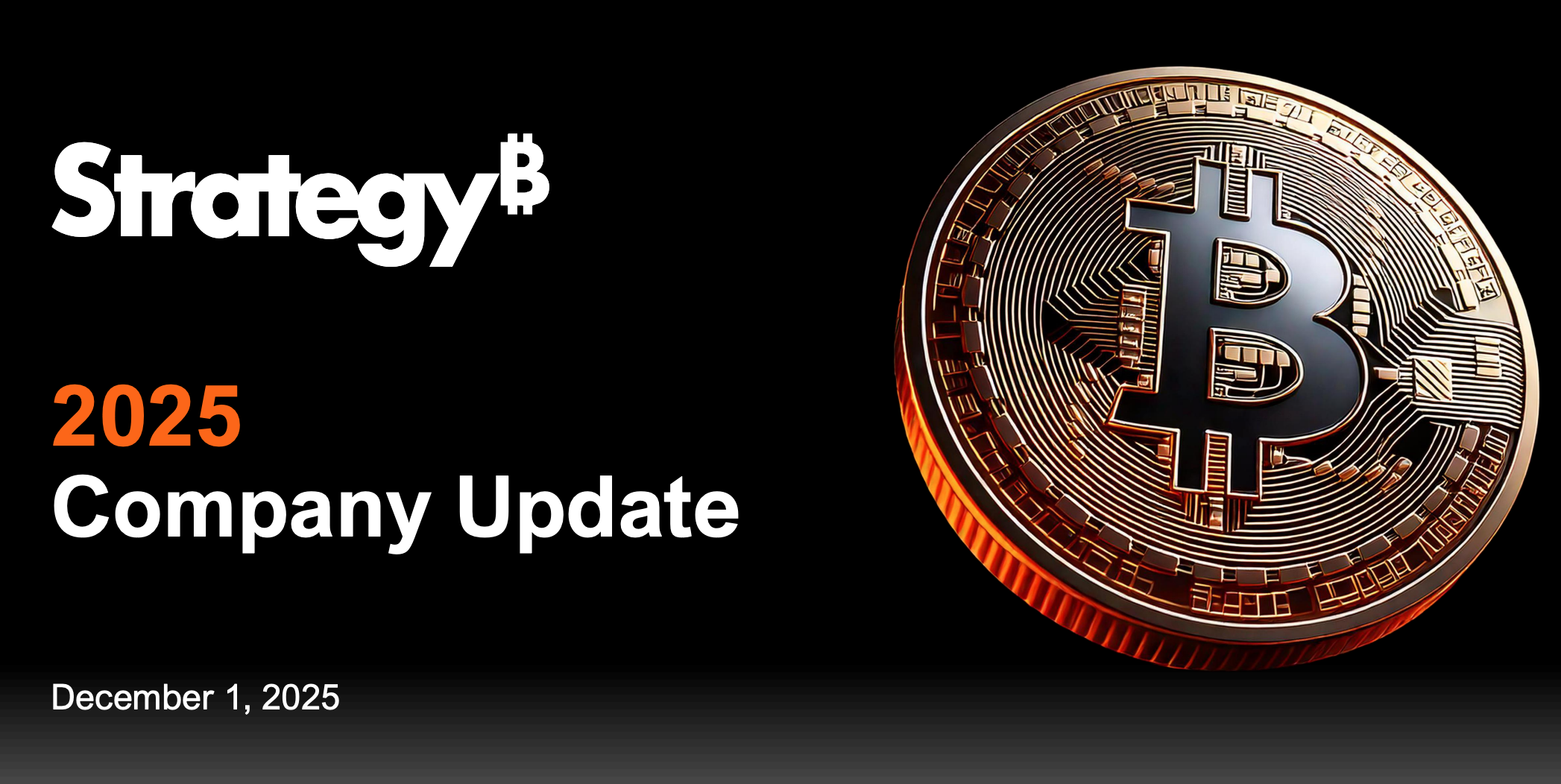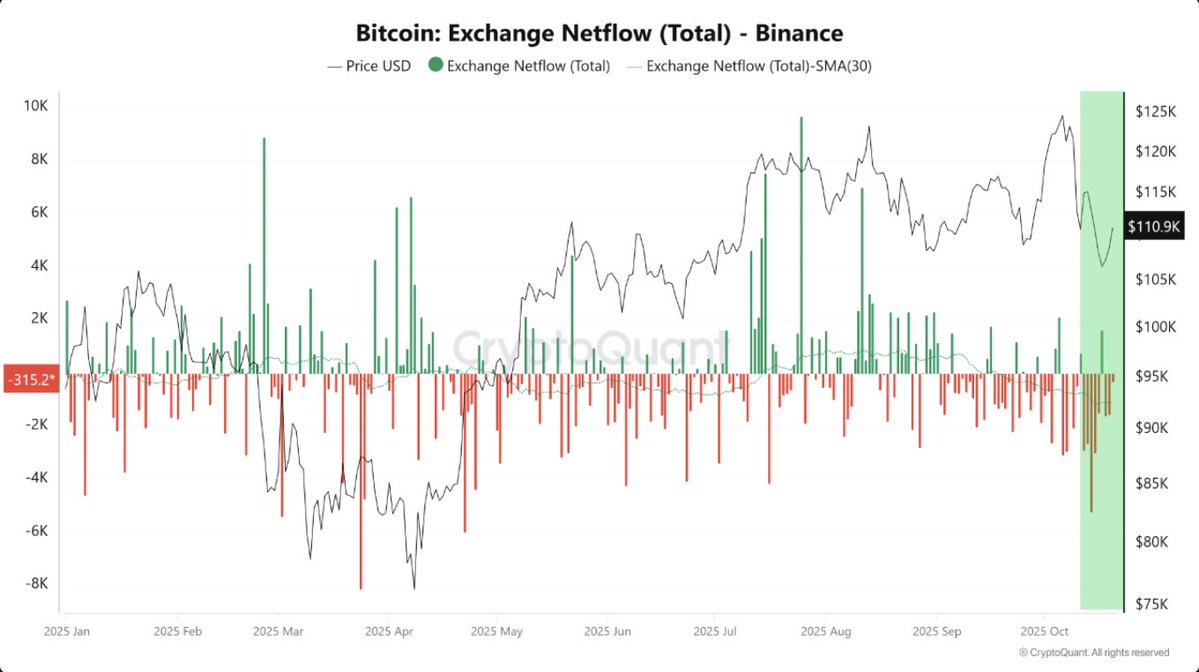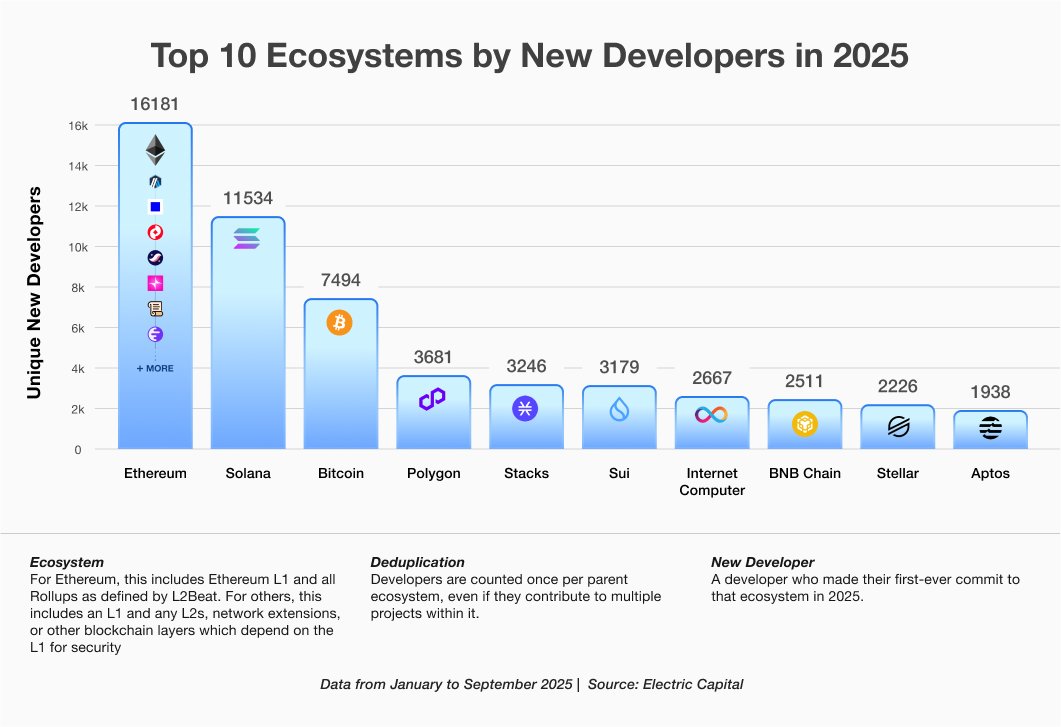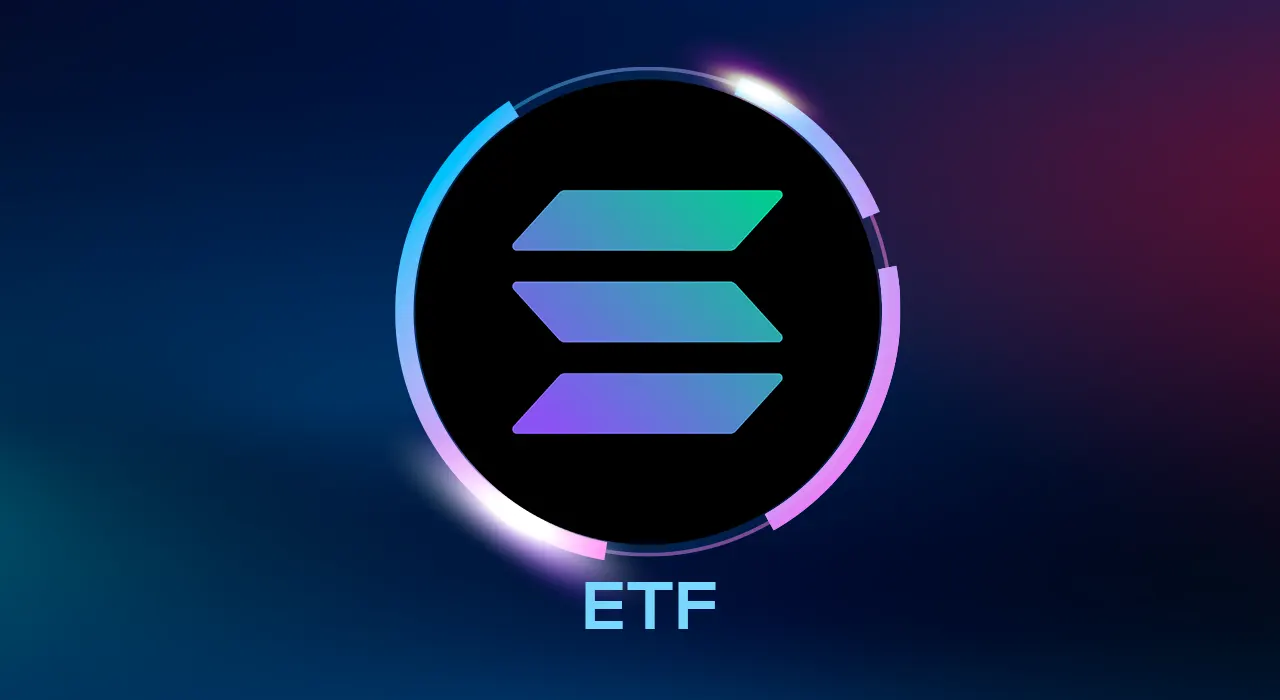Mt. Gox has been the main “boogeyman” for the crypto community for over five years.
The media use any news related to this exchange to scare people with the impending fall of crypto.
Let’s figure out what this exchange is and why the BTC rate is supposedly bound to fall:
Mt. Gox was the largest cryptocurrency exchange in the world, handling about 70% of all Bitcoin transactions.
In 2014, the exchange ceased operations after announcing the loss of approximately 850,000 bitcoins due to several hacks and internal errors. This event became one of the most significant crises in the history of cryptocurrencies.
Ten years after the bankruptcy, in July, the long-awaited process of compensating affected users began. Rehabilitation trustee Nobuaki Kobayashi confirmed that payments would be made in Bitcoins (BTC) and Bitcoin Cash (BCH).
Over 141,686 BTC and 143,000 BCH, equivalent to about $9 billion at the current rate, will be returned to the exchange’s users.
Funds will be returned through intermediaries — other centralized exchanges. For example, more than 48,000 Bitcoins were transferred to the Kraken exchange. The repayments are expected to be completed by October 2024.
Why BTC from Mt. Gox Could Crash the Market
The main theory: affected users will receive BTC and immediately sell them after ten years of waiting.
This sounds logical, but there are counterarguments:
- BTC will be released into the market gradually. $3 billion over the next two weeks, and the rest by October 2024.
- No one in their right mind will sell such a large amount of liquidity at once, even within one day.
- Daily trading volumes on exchanges exceed $40 billion. The market can absorb this liquidity, even if there is a slight correction.
- Many of the affected users who have been waiting for Mt. Gox payouts for the last 10 years are staunch BTC supporters with a lot of experience.
If the market does correct, it will not be because of Mt. Gox, but because of BTC sales by regular market participants who fear a market crash due to the Mt. Gox payouts (as has been the case for the last five years).
